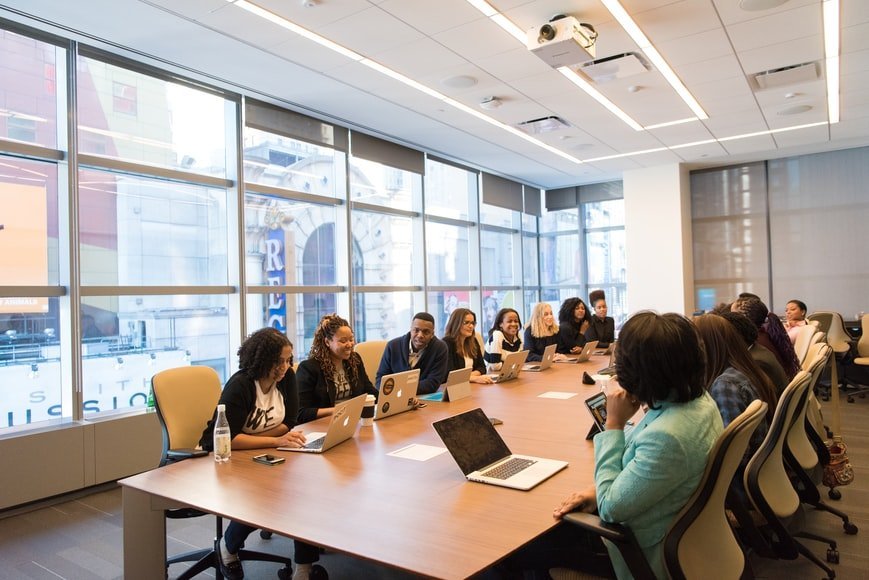Visions of the Future – 5 Ways the Workplace Is Set to Change Over the Next Decade
by Abdul Aziz Mondal Business Published on: 10 November 2021 Last Updated on: 30 December 2024

The decade that spanned from 2011 to 2020 was a time of great change, with a push towards more diversity in the workplace and the rise of the remote worker being two of the most notable changes. What will the 20s bring? According to the latest statistics and projections, we can expect the following five changes to roll out over the next decade:
1. New conversational interfaces
In a blend of Neal Stephenson’s vision in Snow Crash and Douglas Adams’ ideas from The Hitchhiker’s Guide to the Galaxy, we are set to see ultra-connectivity arise over the coming years. By the end of the 20s, conversational interfaces are expected to be capable of real-time translation, and many of the people who use them will identify as much with their digital avatars as they do with their physical selves.
2. Fully connected lives
This ultra-connectivity will expand well beyond communication platforms. From our cars and homes to our offices and the public places we visit, digital connectivity will be ubiquitous thanks to the Internet of Things (IoT). If you’ve ever asked Alexa to turn off the lights or used your smartphone to check in at a location, you’re already interacting with the IoT.
Before this decade is out, the IoT will be even more deeply embedded in the social framework, and nowhere will it hold more sway than in the workplace. This will allow for greater insights into the technology, machinery, and software we’re using. It will also open up many more opportunities for automation.
3. Rise of the bots
Both tangible robotic machines and intangible software bots are being deployed across all industries as we speak, allowing companies to automate repetitive and error-prone tasks. While many companies are still facing barriers to automation, once these are overcome, the trend is set to accelerate at a rapid rate.
4. A focus on wellness and happiness
Though automation does mean some jobs will become obsolete, in many cases, what actually happens is that employees are freed from the more arduous aspects of their jobs. With time granted back to them, they are able to focus on rewarding tasks, including creative projects and the provision of care only a human can offer.
Automation also frees people up to explore other areas of expertise within their industry. They may also develop a strong specialization, leading to greater productivity and other benefits for individuals, companies, and society at large.
5. We will all be perpetual students
Gone are the days of going to school, selecting a career, obtaining the relevant qualifications, and then leaving the educational system behind you. The modern world is moving so quickly that we must all accept the role of “student” as a permanent one. Anyone not keeping up with the advancements and refining their skillset will be left behind in a flash.
Though the world will be increasingly connected in a digital sense, many of us will be spatially disconnected, working in remote teams. This, and other factors, indicate that much of our education will need to be self-directed. So, having the initiative to seek out opportunities to learn and grow will be crucial.
We are stepping into a brave new world. To keep up with the rapidly rolling changes, it’s essential to have an understanding of what the future is likely to hold. Keep the information above in mind as you direct the course of your career, and you’ll be well placed to take advantage of the changes the next decade will bring.
Read Also:






































































































